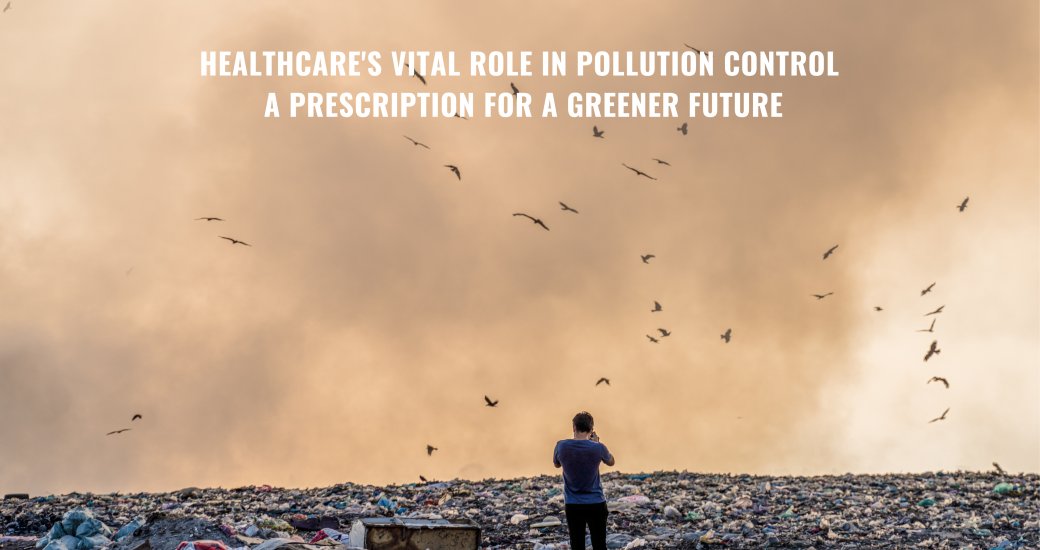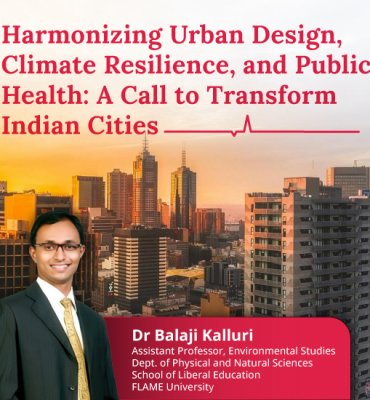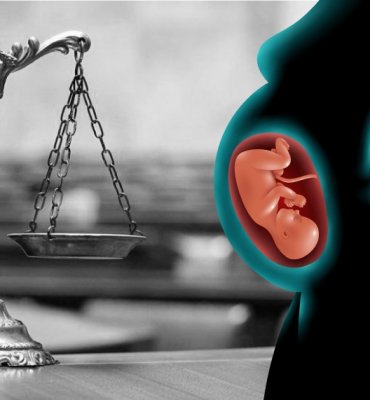
By aligning healthcare practices with pollution control efforts, we can create a synergistic relationship that benefits both human health and the well-being of our planet.
As we mark National Pollution Control Day today, we must explore the crucial role healthcare facilities can play in contributing to national efforts in combating the severe pollution grappling the country. Beyond healing patients, healthcare providers have a shared responsibility to address environmental challenges. This article talks about the ways healthcare and environmental stewardship can work together for a healthier and cleaner future.
Recognizing the ecological impact of the healthcare sector is the first step toward developing sustainable practices. Medical waste, a major contributor to the sector's environmental footprint, requires meticulous management. From used needles to pharmaceuticals, hospitals must adhere to stringent waste management protocols, emphasizing methods like autoclaving, incineration, or safe landfilling to minimize environmental impact.
Objectives of Biomedical Waste Management Rules 2016
Enhancing waste management based on the 3Rs principle (reduce, recycle, and reuse).
Addressing waste at its source, rather than using the "end-of-pipe" method.
Implementation and enforcement of laws and rules for environmental and human benefits.
Prioritizing employee training, health checkups, immunizations, and workplace safety.
Preventing the emission of dioxin and furans from burning biomedical wastes.
Minimizing pilferage from waste handling to disposal.
Green Healthcare Infrastructure
The design and operation of healthcare facilities can contribute to pollution control efforts. By implementing green building practices, incorporating renewable energy sources, and optimizing water usage, healthcare infrastructure can reduce its ecological footprint and enhance overall resilience.
Green Hospital Concept
Improves health outcomes while addressing environmental and community needs.
Achieved through green design, energy efficiency, and green procurement.
Overcomes obstacles through innovative thinking and technology.
Pharmaceutical Pollution
The disposal of pharmaceutical waste presents a unique challenge as unused or expired medications can contaminate water sources, harming ecosystems. Patient excretions introduce pharmaceutical substances into the water cycle, reaching drinking water despite wastewater treatment plant efforts. While healthcare facilities contribute only 20% of municipal wastewater's active pharmaceutical ingredients (APIs), hospitals release elevated concentrations of specialized compounds like cytostatic drugs and X-ray contrast agents. Healthcare providers can aid pollution control by advocating proper medication disposal, instituting drug take-back programs, and raising awareness about the environmental impact of pharmaceutical pollution.
Promoting Sustainable Practices
Healthcare professionals can play a pivotal role in fostering sustainable practices within their communities. Encouraging patients to adopt a healthy lifestyle that includes reducing their carbon footprint contributes not only to individual well-being but also to broader pollution control initiatives.
Technology and Telehealth
The integration of technology in healthcare, particularly the rise of telehealth services, has the potential to reduce environmental impact. By minimizing the need for travel, telehealth contributes to lower carbon emissions. Additionally, the implementation of electronic health records (EHRs) reduces reliance on paper, aligning healthcare practices with pollution control objectives.
Educating and Empowering Healthcare Professionals
Continuous education is essential for healthcare professionals to stay informed about the latest developments in pollution control and sustainable practices. Training programs can equip them with the knowledge and skills needed to implement eco-friendly initiatives within healthcare settings.
By aligning healthcare practices with pollution control efforts, we can create a synergistic relationship that benefits both human health and the well-being of our planet. Through responsible waste management, sustainable infrastructure, and education, healthcare professionals can lead the way towards a future where healthcare and environmental conservation go hand in hand.










